August 8, 1992: The day Marc Rosset clinched the gold medal in Barcelona
Every day, Tennis Majors takes you back in time to relive a tennis event which happened on this specific day. On this day, August 8, 1992, Marc Rosset clinching the gold medal at the Olympic Games in Barcelona, against Arrese.
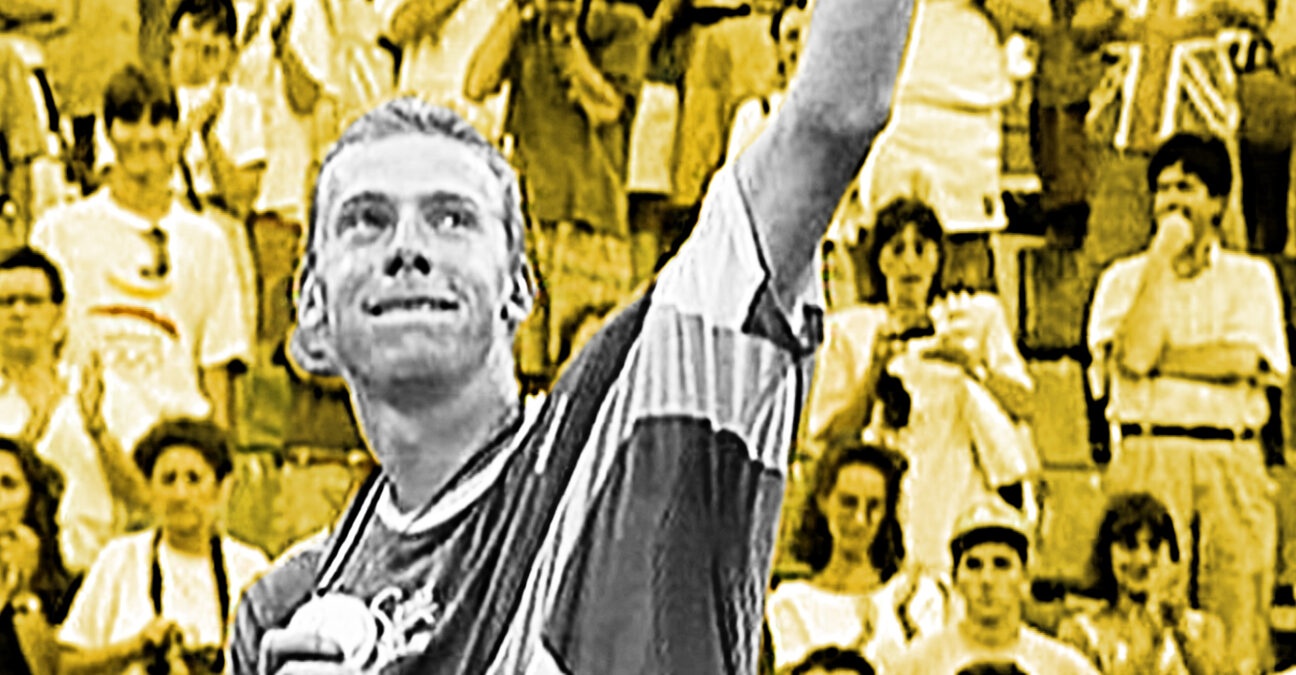 Marc Rosset, Barcelona 1992 | © Rights Reserved
Marc Rosset, Barcelona 1992 | © Rights Reserved
The Gold Rush: What happened exactly on that day
On this day, the 8th of August 1992, Marc Rosset, who was world No 43 at the time, unexpectedly achieved the greatest feat of his career by clinching the gold medal at the Olympic Games in Barcelona. In the final, the 21-year old Swiss overcame a heat stroke to edge Jordi Arrese, from Spain, 7-6, 6-4, 3-6, 4-6, 8-6. One day before the end of the Olympics, it was the only medal claimed by a Swiss athlete in Barcelona, which put Rosset under the spotlights in his own country.
The guys involved: Marc Rosset and Jordi Arrese
• Marc Rosset, the Swiss giant
Marc Rosset, from Switzerland, was born in 1970. The 6’7 Swiss giant was the tallest professional player of his time, hence it was no surprise that his game mostly relied on a massive serve and a very aggressive gamestyle. Rosset, who turned pro in 1988, claimed his first title in his hometown of Geneva, in 1989 (defeating Guillermo Perez-Roldan in the final, 6-4, 7-5).
In October 1990, he clinched the most important title of his career in Lyon, defeating Mats Wilander in the final (6-3, 6-2); and a few months later he reached his career highest ranking as world No 18. His best Grand Slam result at the time was a fourth round reached at the 1992 Australian Open (eliminated by Jim Courier, 6-3, 6-1, 6-3).
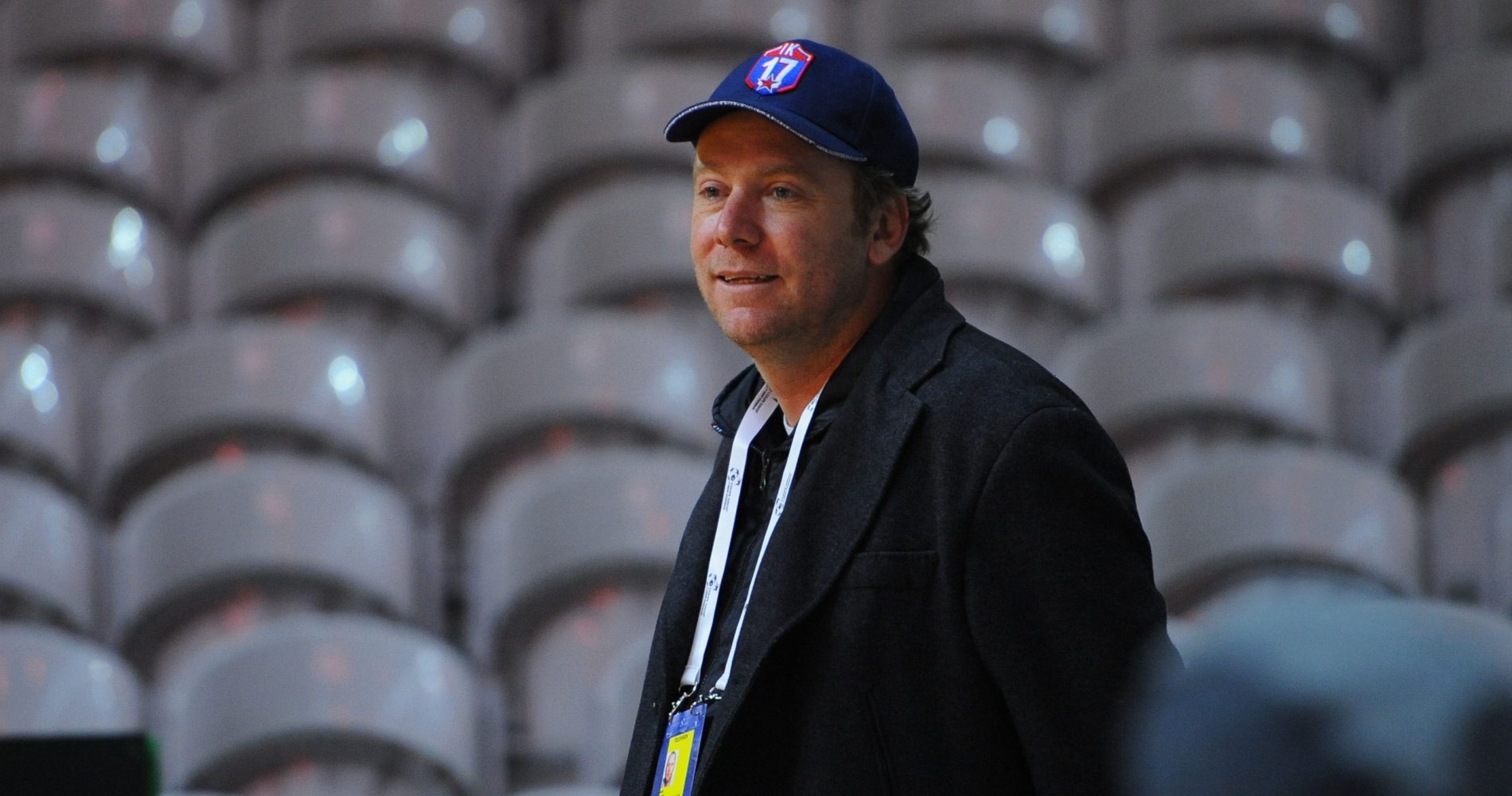
• Jordi Arrese, Spanish clay court specialist among Spanish clay court specialists
Jordi Arrese, from Spain, was born in 1964. He was a typical Spanish clay court specialist : he had claimed three of his four ATP titles on red dirt, the most important one in Madrid, in 1991 (defeating Marcelo Filippini in the final, 6-2, 6-4). The same year, he obtained his best ranking as world No 23. Arrese also remained in tennis history as, at the 1991 Monte-Carlo Open, he easily beat Bjorn Borg (6-3, 6-2) when the Swedish legend came back on the tour with his wooden racket. In July 1992, Jordi Arrese was No 30 in the world.
The place: Tennis de la Vall d’Hebron, Barcelona
The 1992 Olympic Games were held in Barcelona, at the Tennis de la Vall d’Hebron, which had been renovated in 1991 for the occasion. There were seventeen tennis courts at the venue, and five of these were used for the competition.
The facts: the greatest title of Marc Rosset’s career
Almost all the best players in the world had attended the 1992 Olympic Games, played for the first time on clay. The only superstar missing from the draw was the Wimbledon champion, Andre Agassi, who was the fourth American player on the ATP ranking and thus could not participate. Yet, on the 8th of August, two unexpected players entered the court to fight for the Olympic Gold : Jordi Arrese, world No 30, and Marc Rosset, No 43.
The tournament saw many of its top seeds lose in the early rounds, especially in the bottom part of the draw, and Jordi Arrese managed to make his way to the final without facing any better player than Andrei Cherkasov, world No 26, whom he beat in the semi-final (6-4, 7-6, 3-6, 6-3).
In the top half of the draw, Marc Rosset actively participated in the stampede of the top seeds. Later, he would even recall, for tennis-buzz.com: “For sure, it was surprising (that I won). I’m not stupid. I saw the draw.” In the second round, the Swiss eliminated seed No 9, Wayne Ferreira, in straight sets (6-4, 6-0, 6-2), but in the 16th round, he faced world No 1, Jim Courier. The American had claimed four Grand Slam titles in the last 24 months, including the two last editions of the French Open.
Okay guys, you know what, soon I’m back home
Marc Rosset when he saw the draw
On top of that, the two players had met earlier in 1992, at the Australian Open, and Courier had destroyed Rosset, 6-3, 6-1, 6-3. There was not much hope for the Swiss, as he admitted himself : “And then I had Jim Courier, two-time winner at Roland Garros and No 1, so I was like, “Okay guys, you know what, soon I’m back home,” and I beat him in three sets. (6-4, 6-2, 6-1).”
After he upset the best player in the world, Rosset still had to pass through seed no.12 Emilio Sanchez, who was always dangerous on red dirt (6-4, 7-6, 3-6, 7-6), and in the semi-finals, he edged the unpredictable fourth seed Goran Ivanisevic in a battle of big serves (6-3, 7-5, 6–2).
At this stage, Rosset was already sure to get the only Swiss medal of the entire Olympic Games. When the final started, an entire nation was watching him trying to turn that medal into gold.
In a particularly hot summer day, the Swiss started well, taking a two-set lead (7-6, 6-4), but then, suffering from a heat stroke, he saw Jordi Arrese level the score (3-6, 4-6). Being so close to victory, Rosset managed to throw his last strength into the battle, and, relying on his serve, he eventually clinched the gold medal by winning the fifth set, 8-6. After the match point, Rosset lay down on the clay: “I was exhausted and I didn’t realise I won the gold medal, it was, “That’s it, no more tennis to play,” because it was more than five hours I played.”
What next: Rosset No 9 in 1995, and Federer mentor
The Olympic Gold would remain Marc Rosset’s biggest achievement. Throughout the years, the Swiss would claim fifteen titles and reach world No 9 in 1995. His best Grand Slam performance would be a semi-final lost to Michael Stich (6-3, 6-4, 6-2) at Roland-Garros, in 1996. Marc Rosset would remain a top 50 player until 2001, and after four years of struggle outside of the top 100, he would retire in 2005.
Jordi Arrese would claim two more titles on clay, both in Athens, in 1992 and 1993, and he would obtain his best Grand Slam result at the 1993 French Open, losing in the third round against Richard Krajicek (2-6, 6-2, 6-2, 6-7, 6-2). Arrese would retire in 1996, and he would later become the captain of the Spanish Davis Cup team who won the competition in 2004.
By clinching the gold medal at the 1992 Olympics, Rosset would open the golden era of Swiss tennis : five years later, Martina Hingis would become world No 1, and in the 2000s, Roger Federer would dominate the game of tennis and be considered by many as the greatest player of all-time.

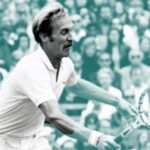
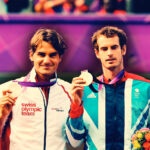

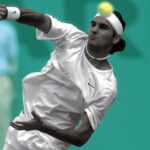
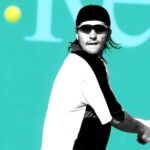
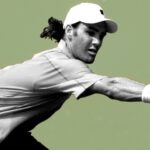

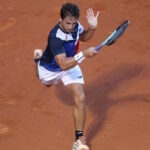

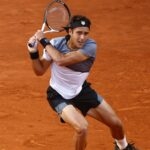
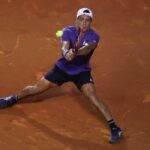
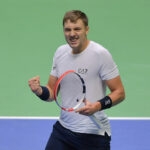
I’m really enjoying the design and layout of your blog. It’s a very easy on the eyes which makes it much more pleasant for me to come here and visit more often. Did you hire out a developer to create your theme? Great work!